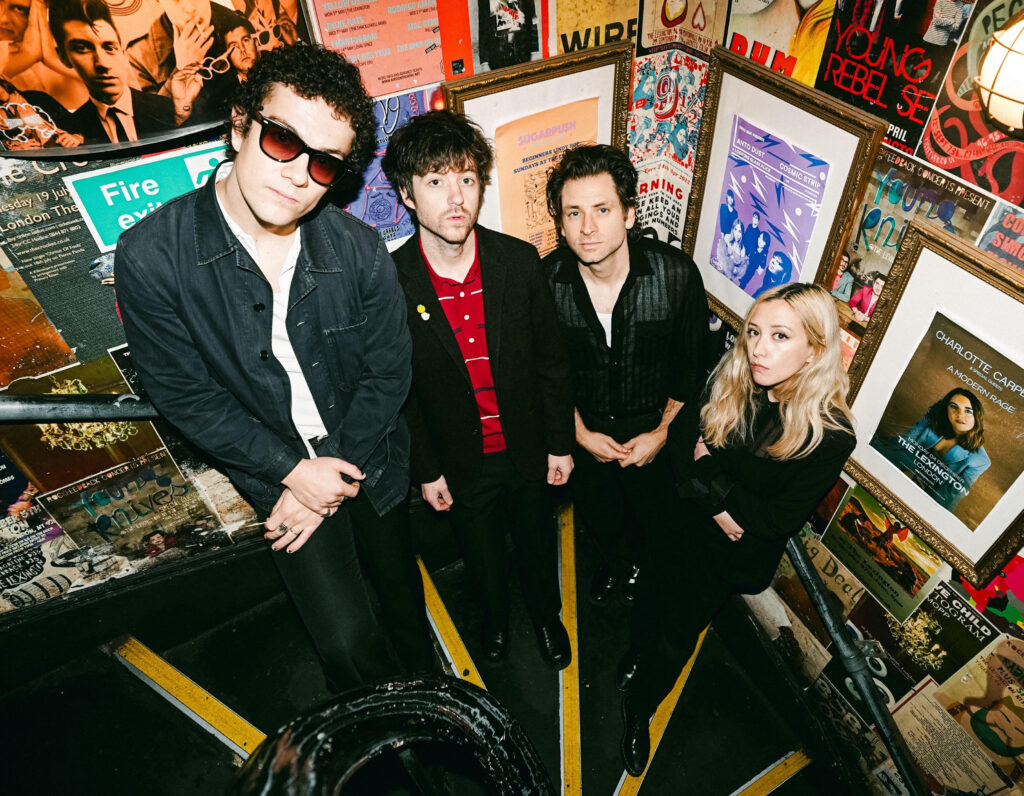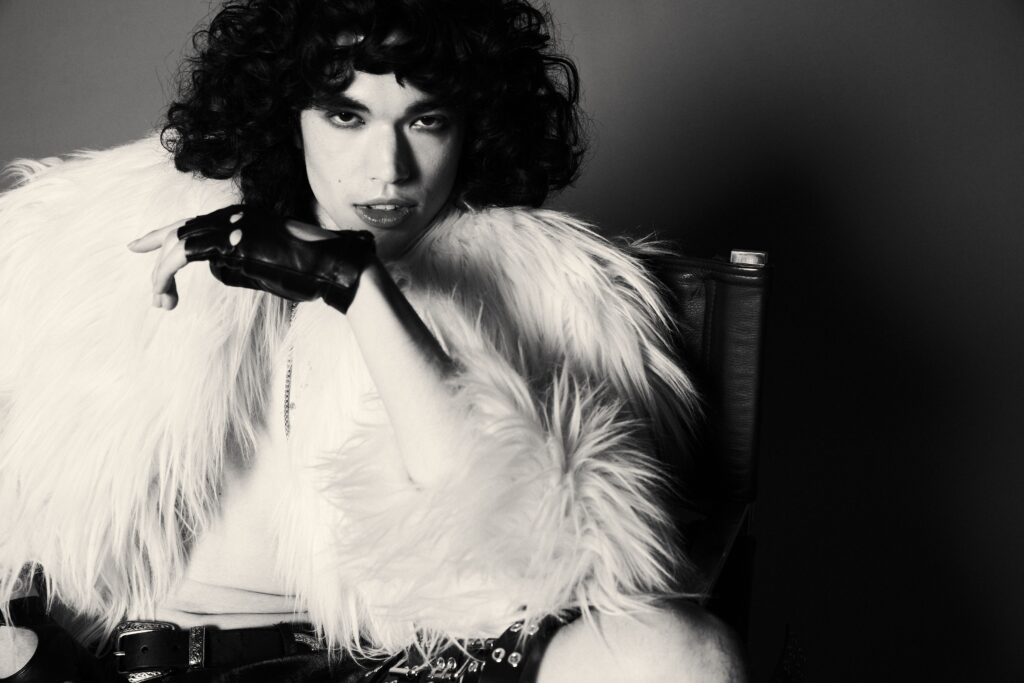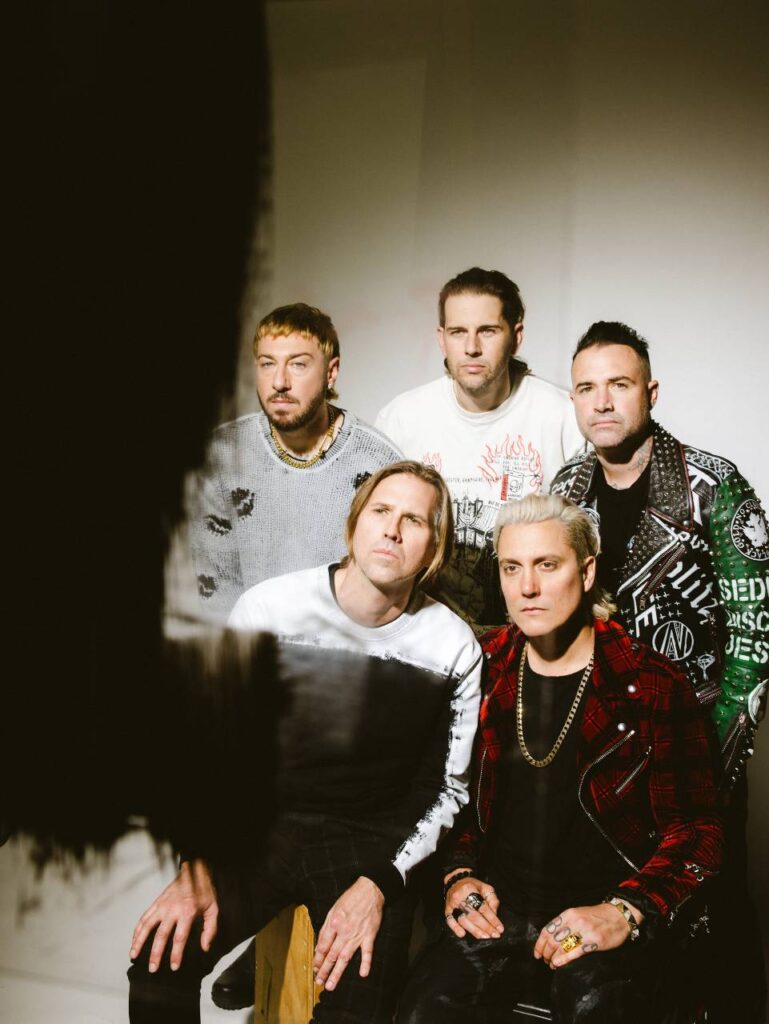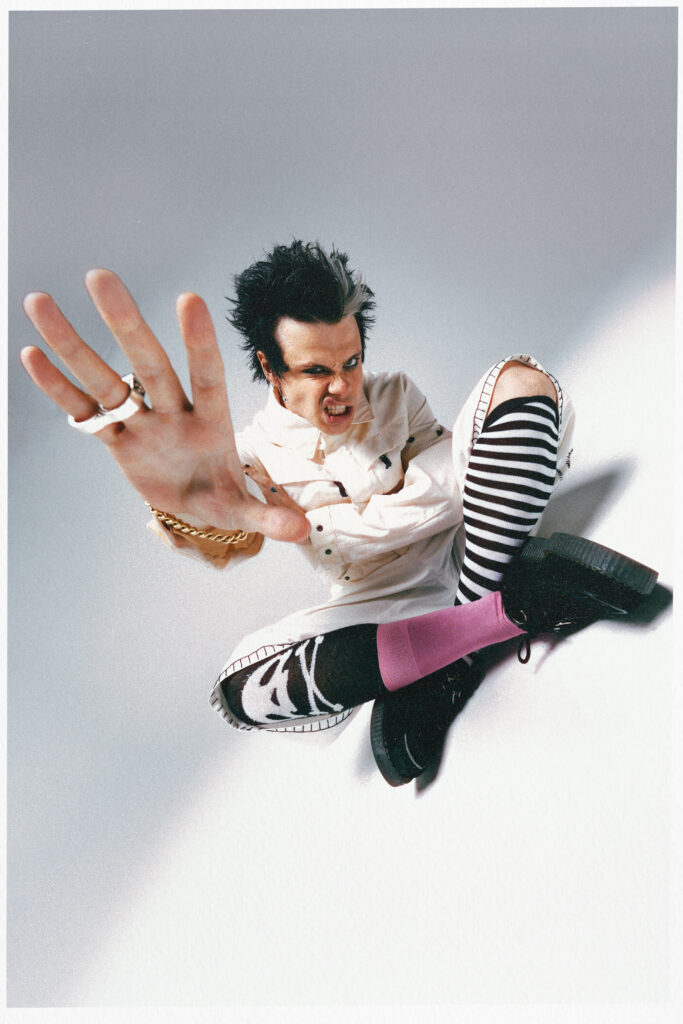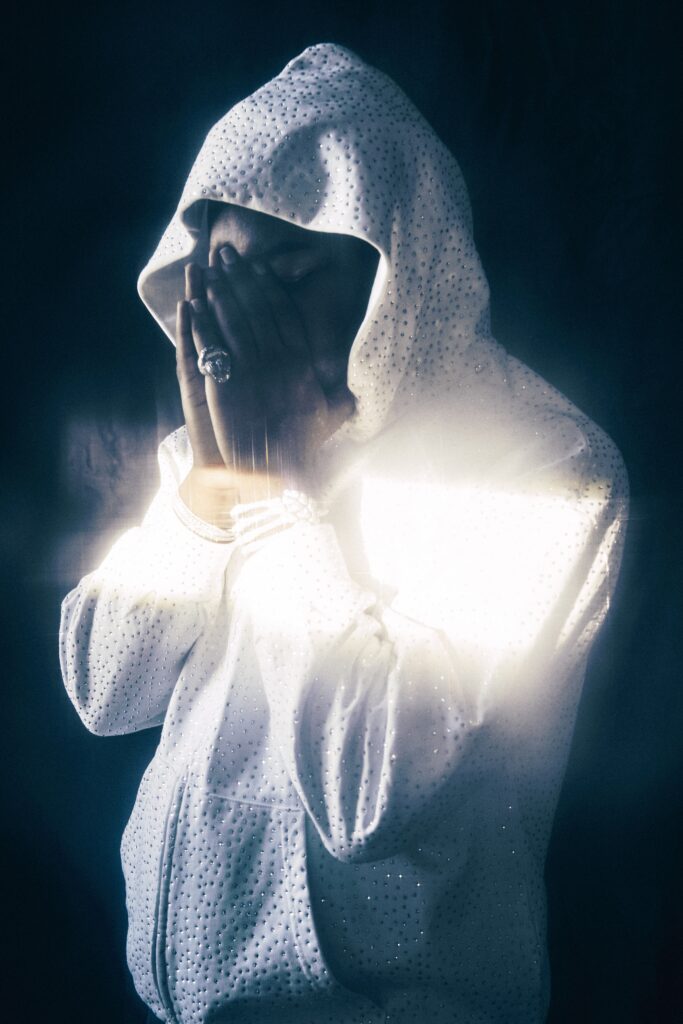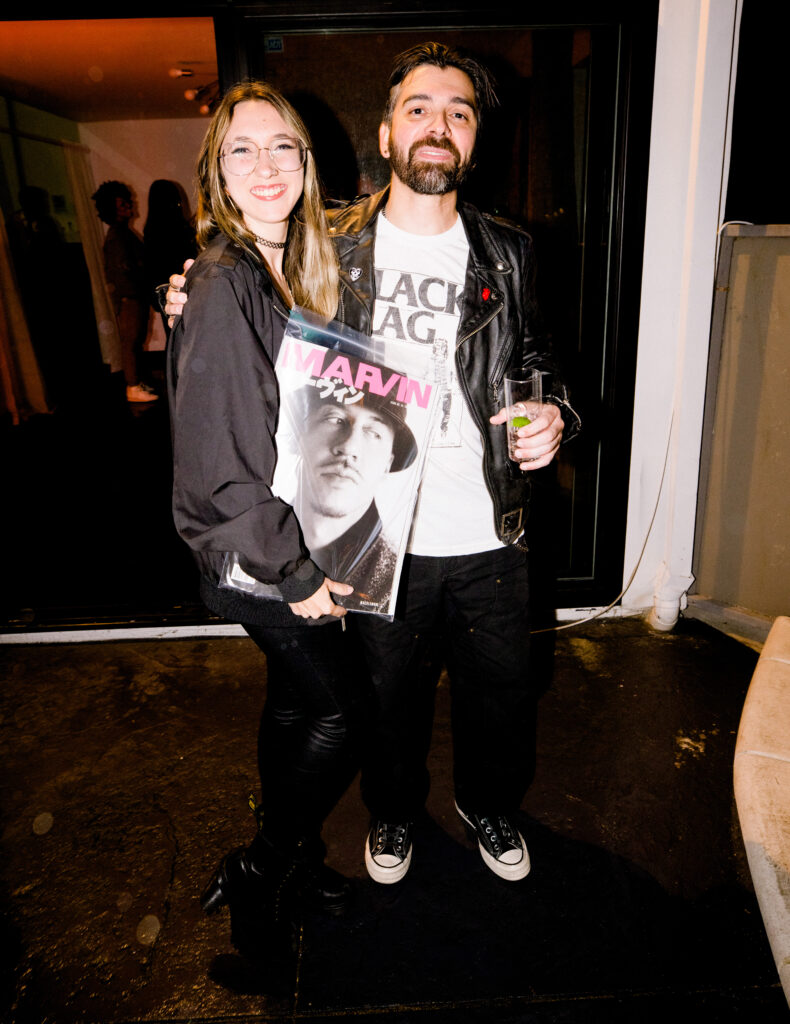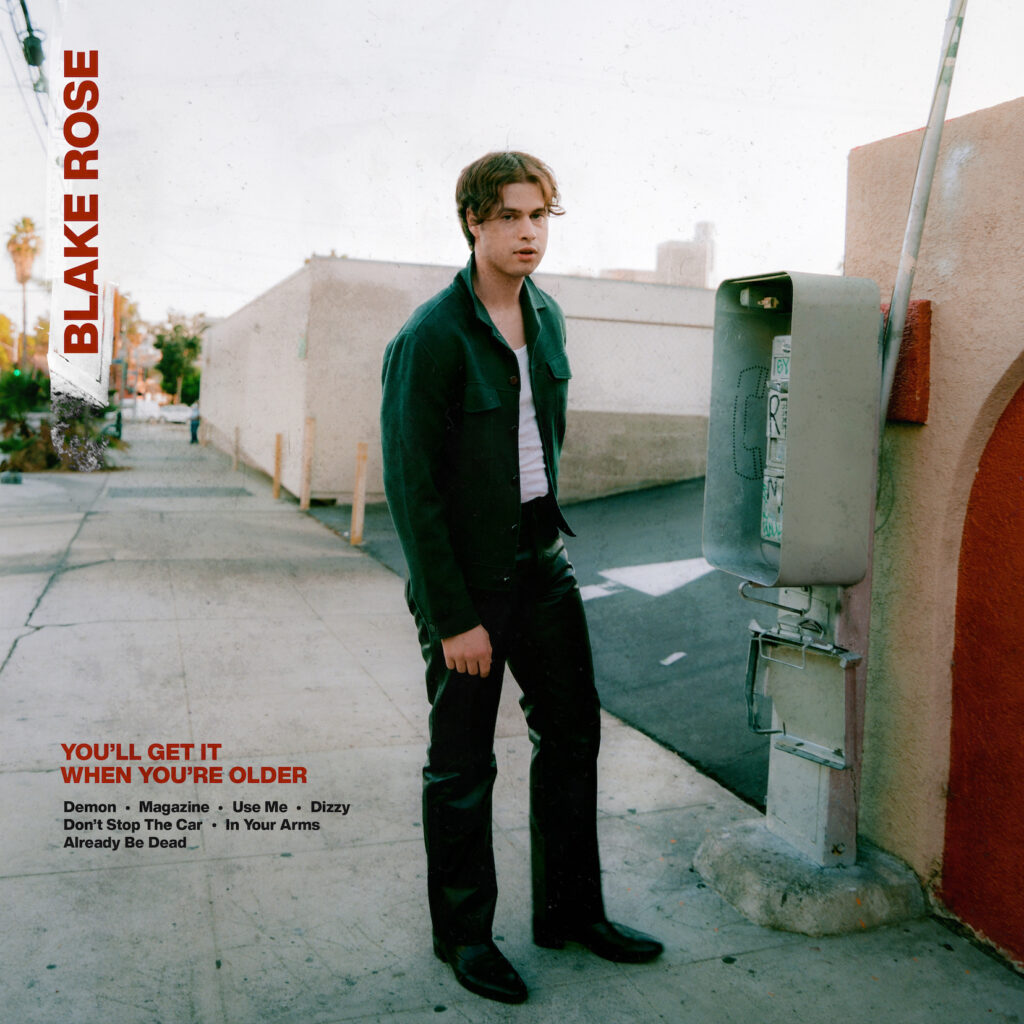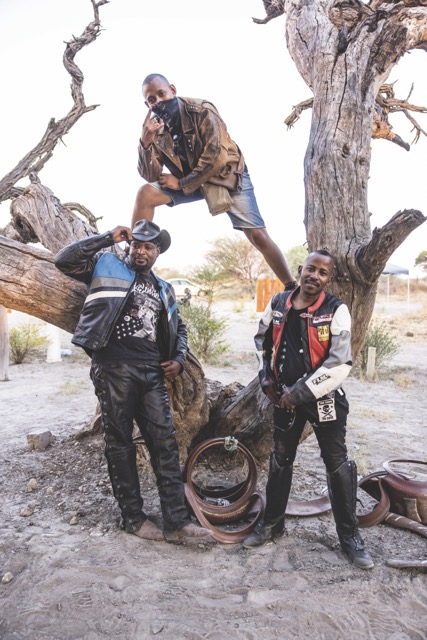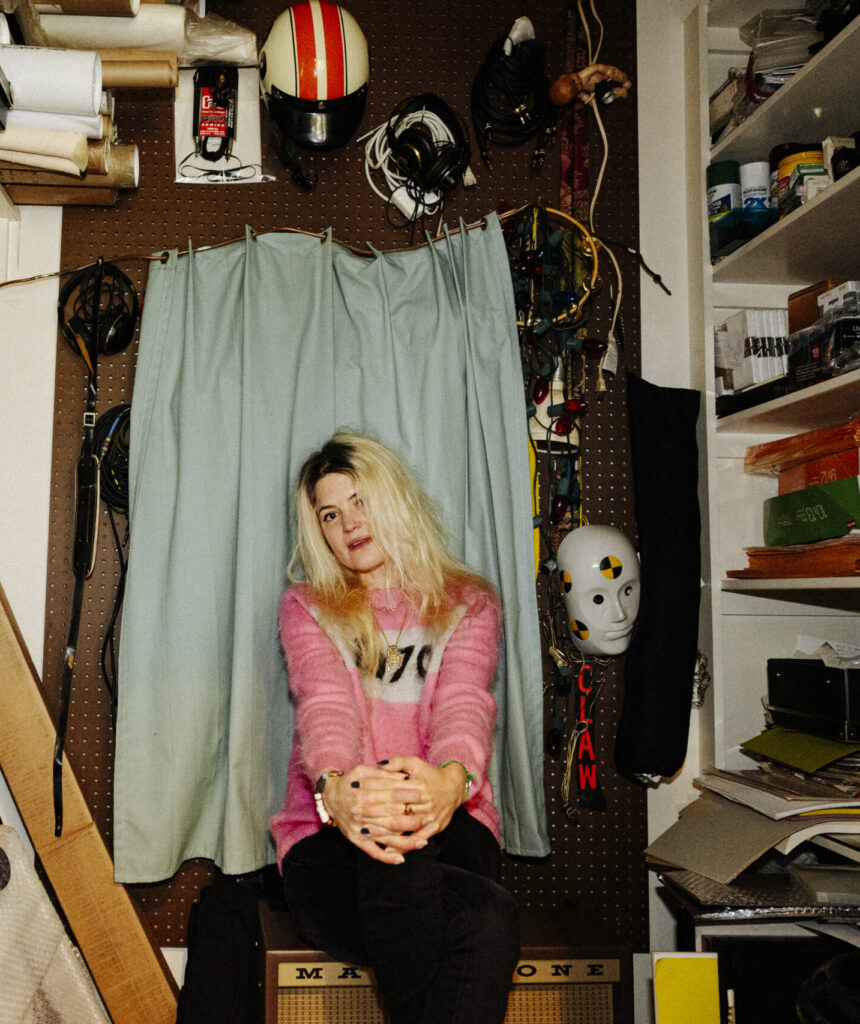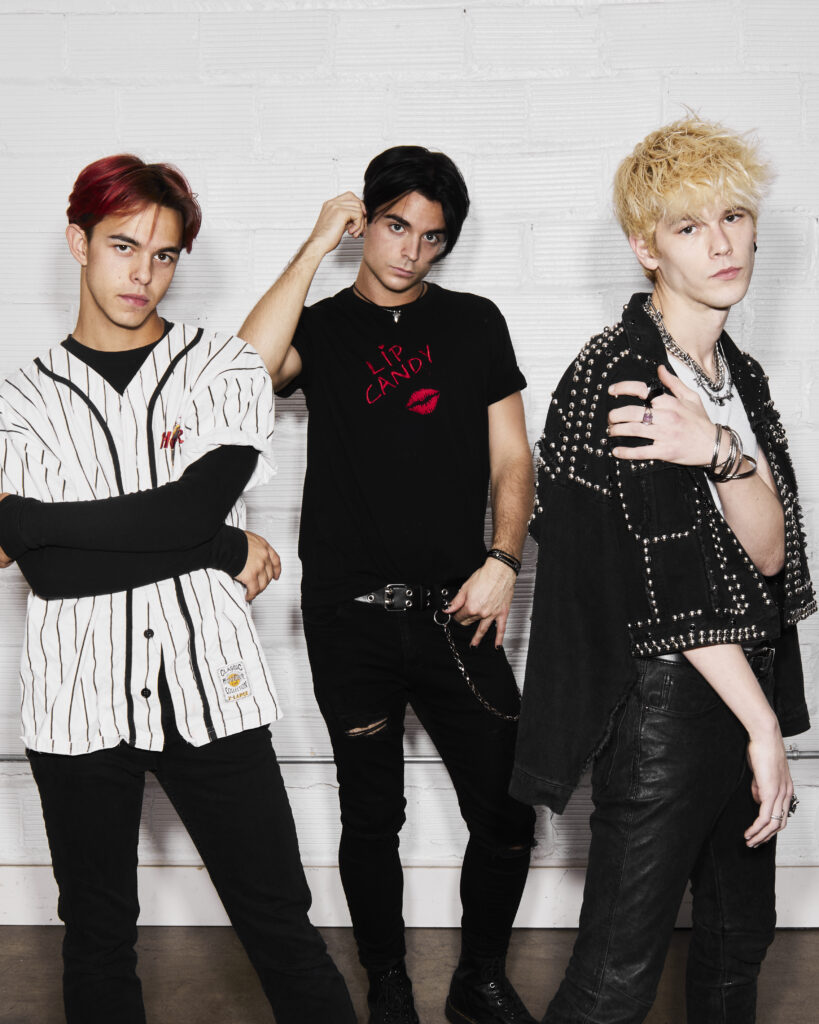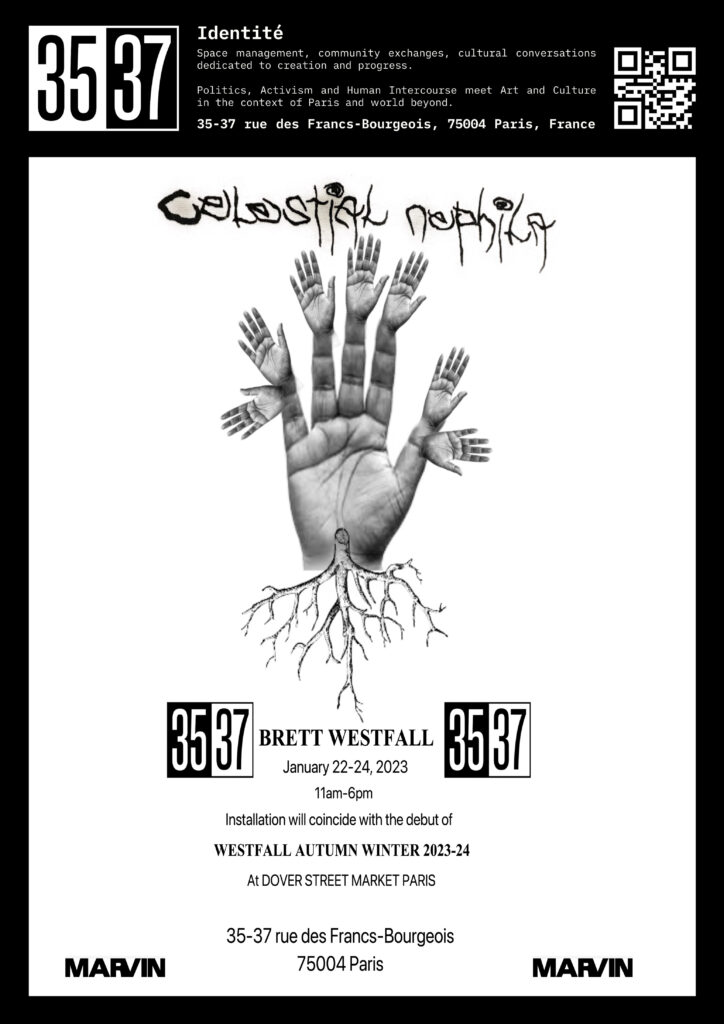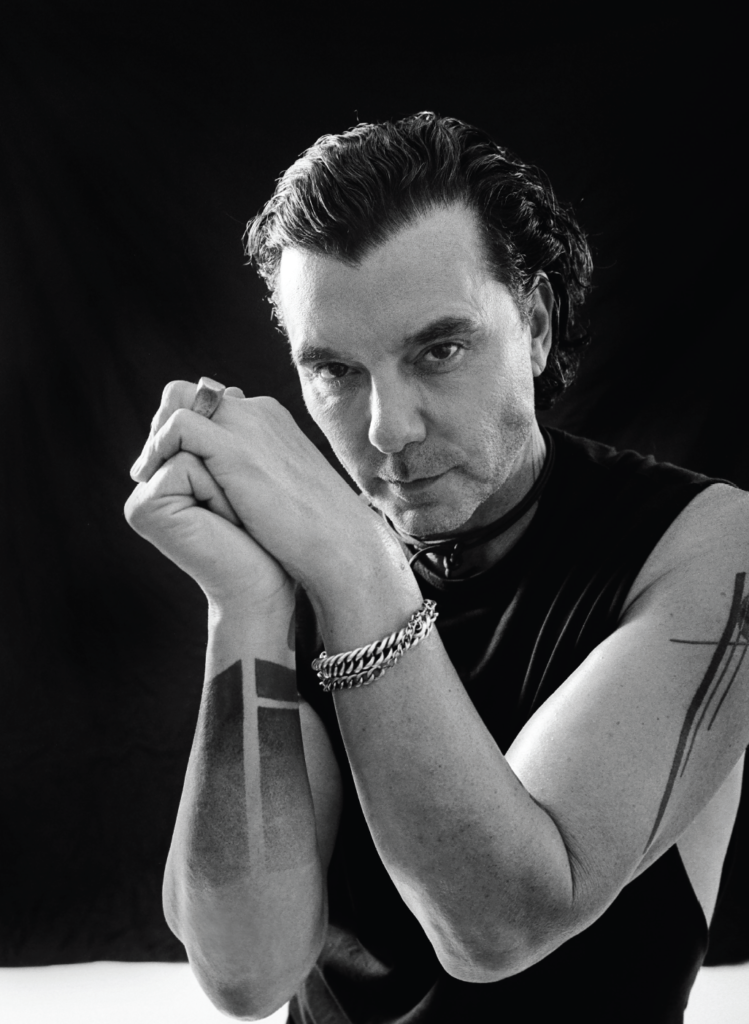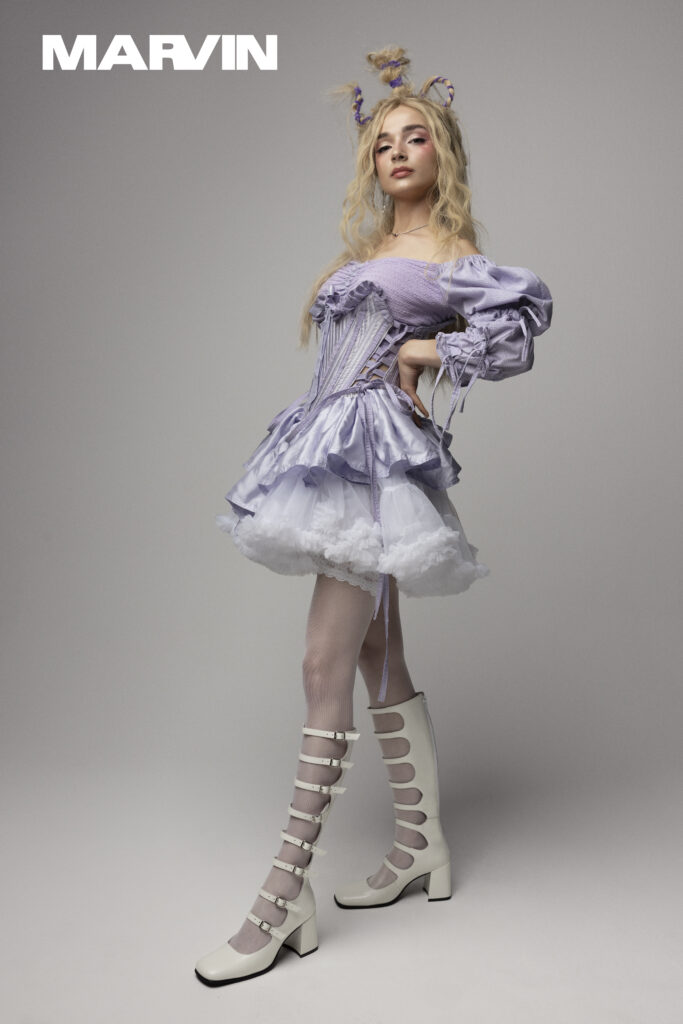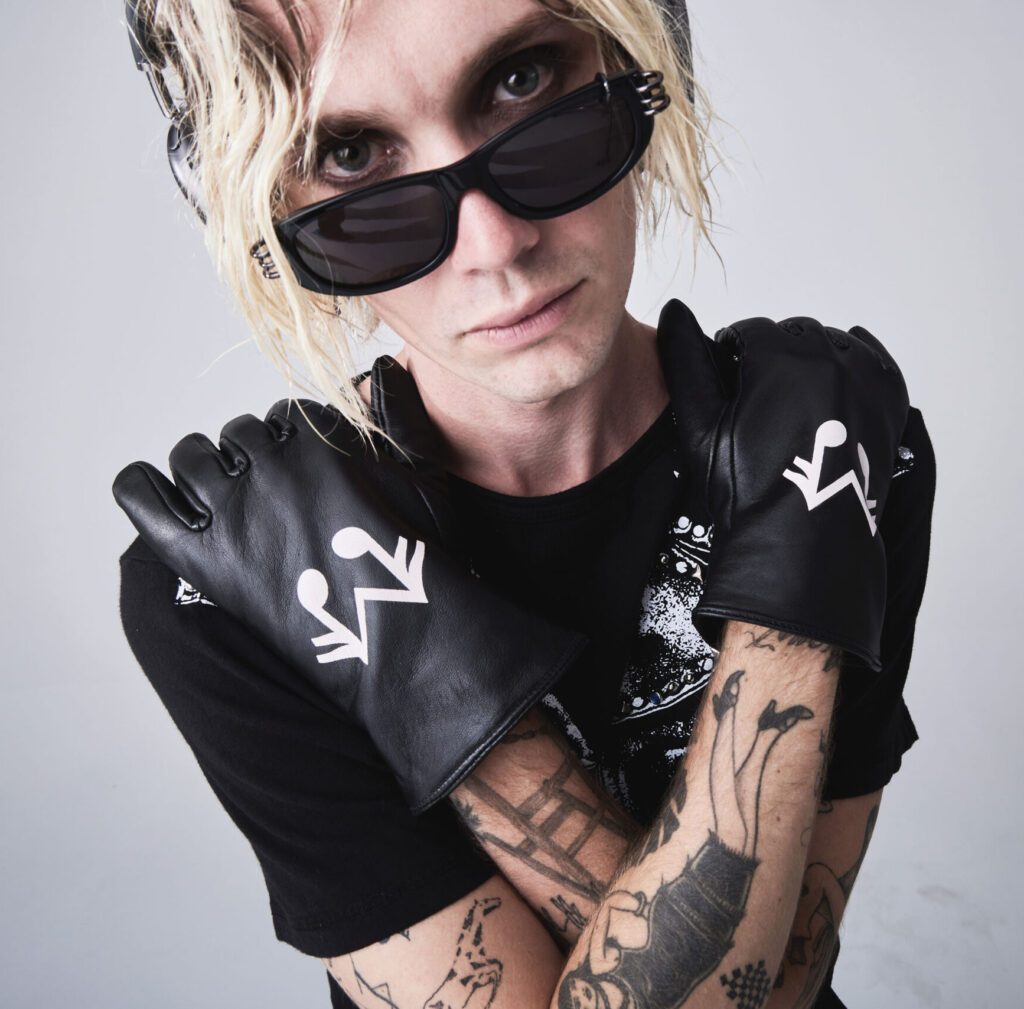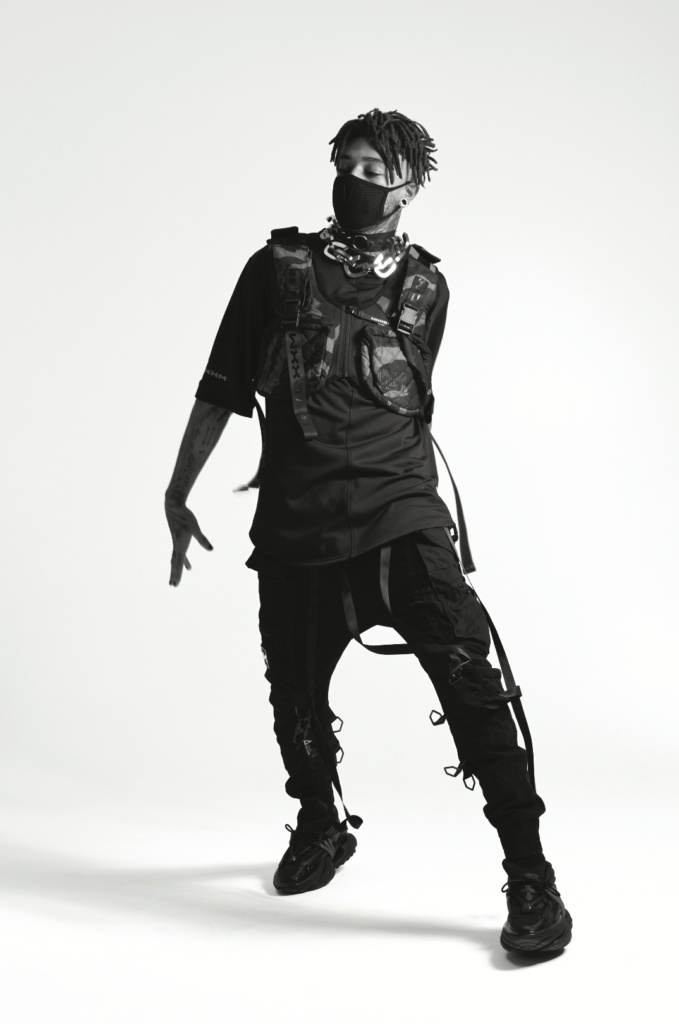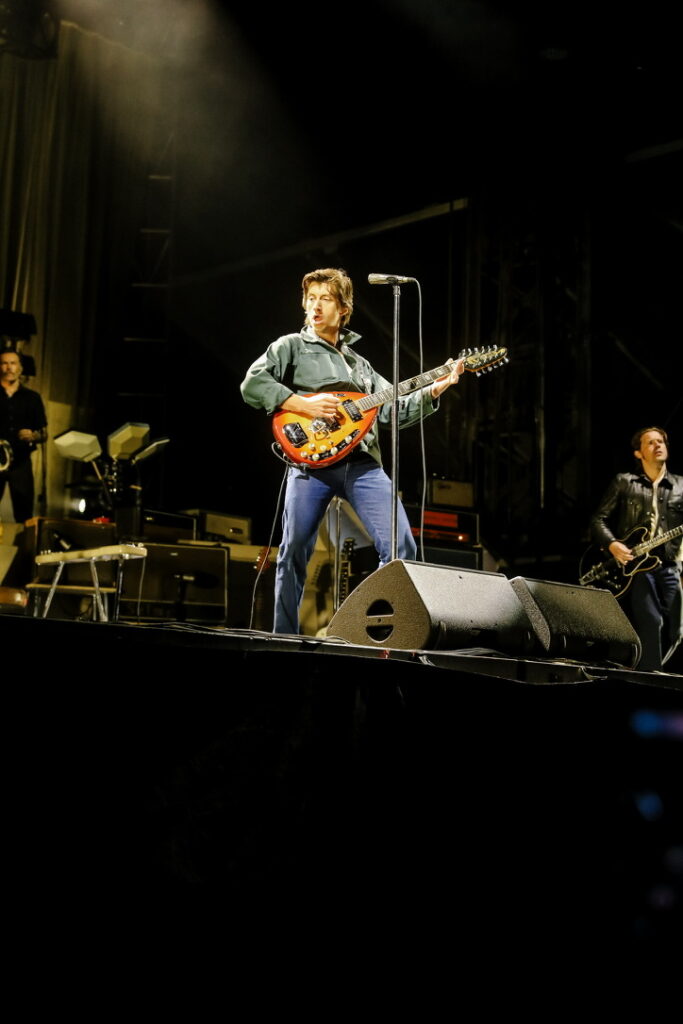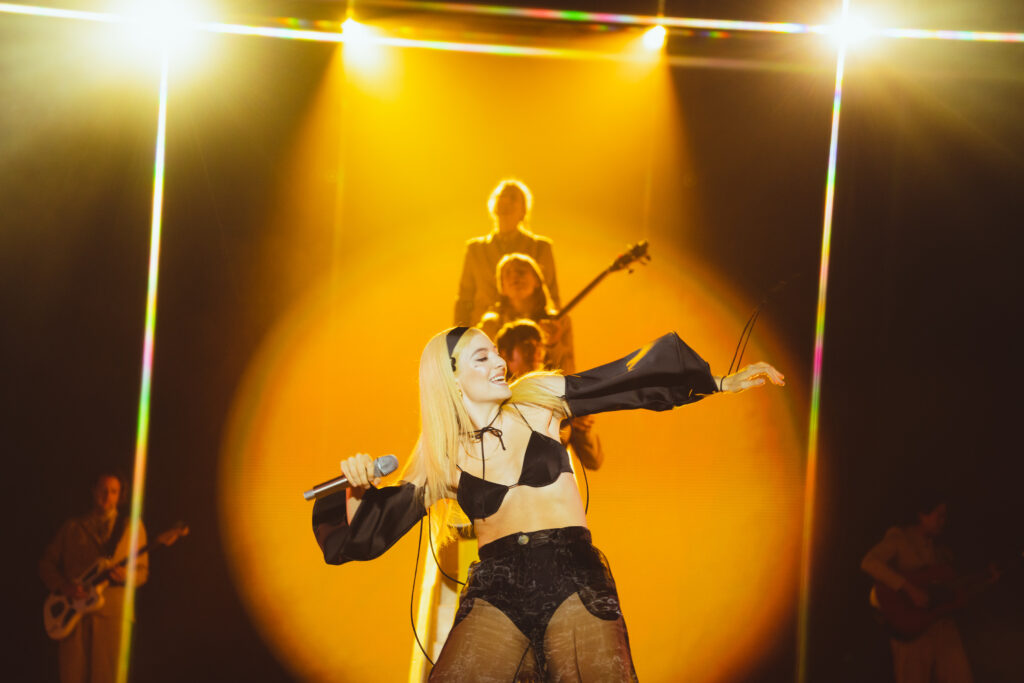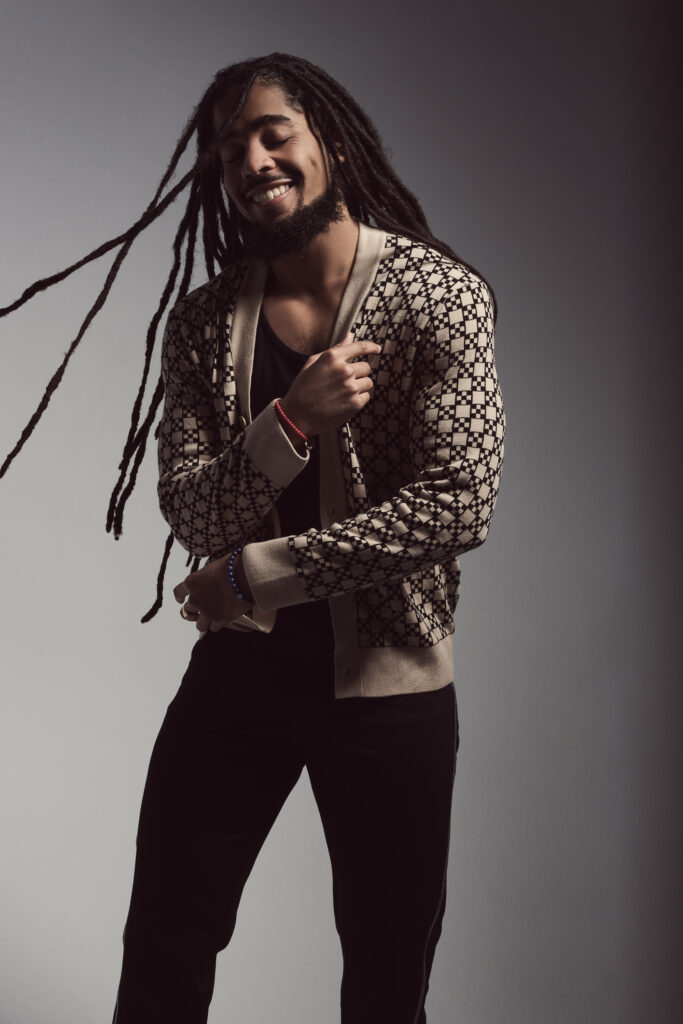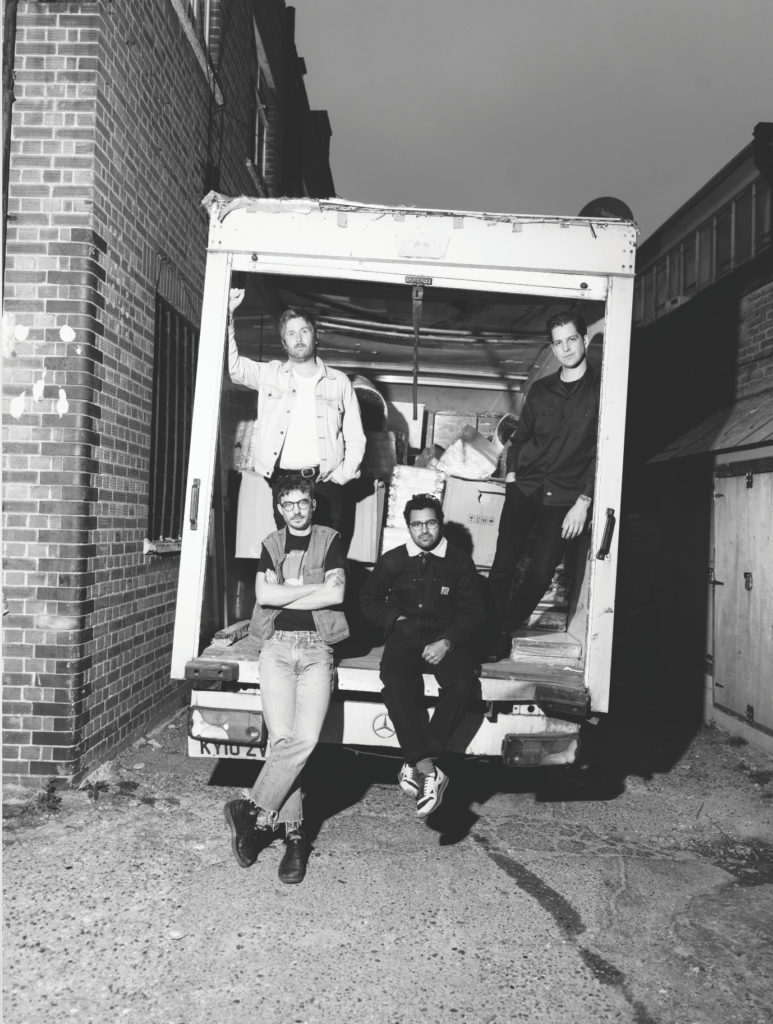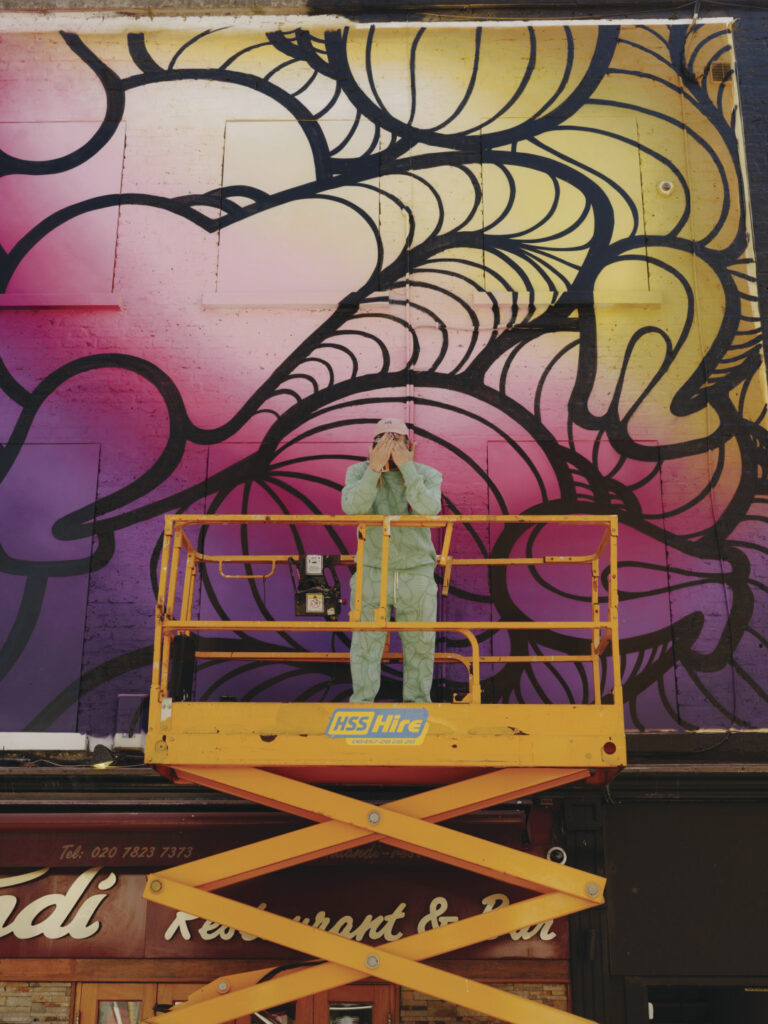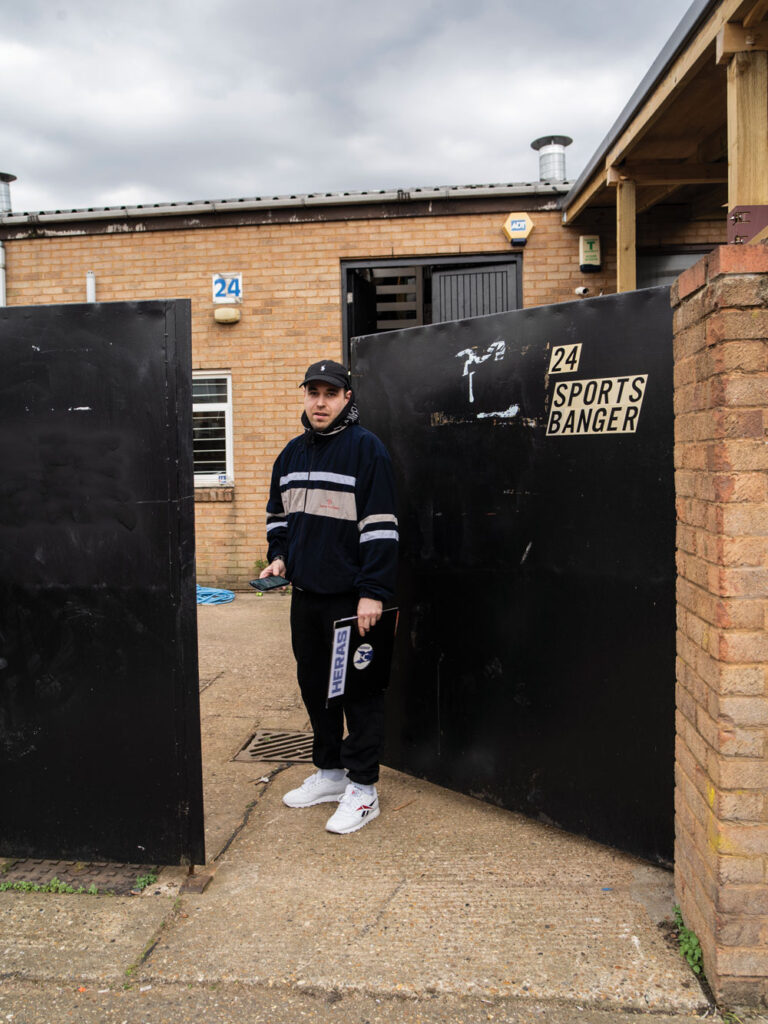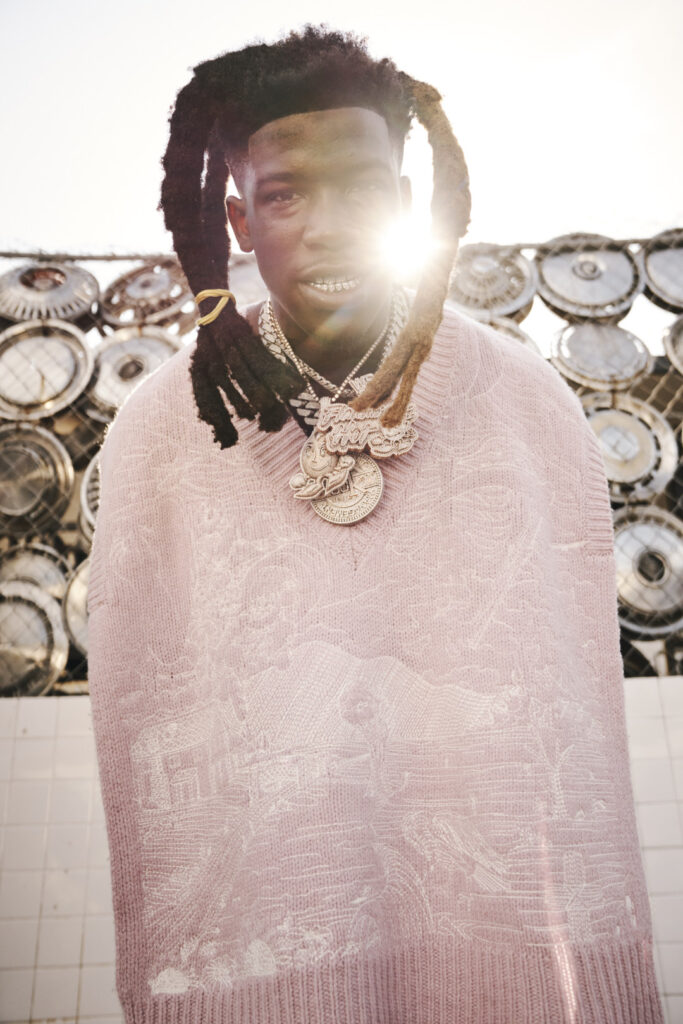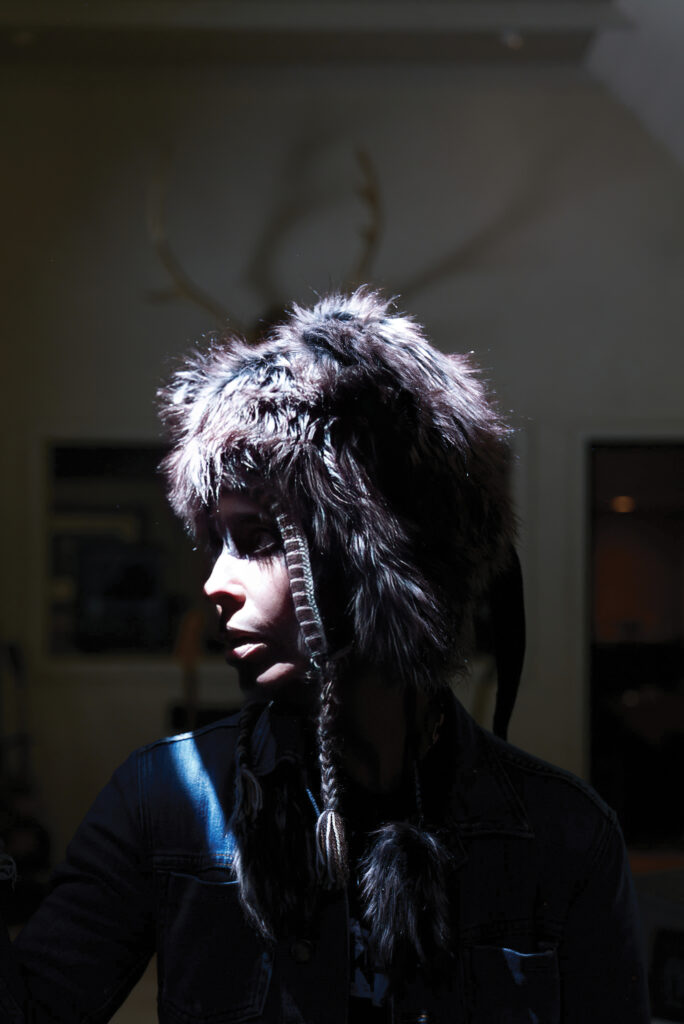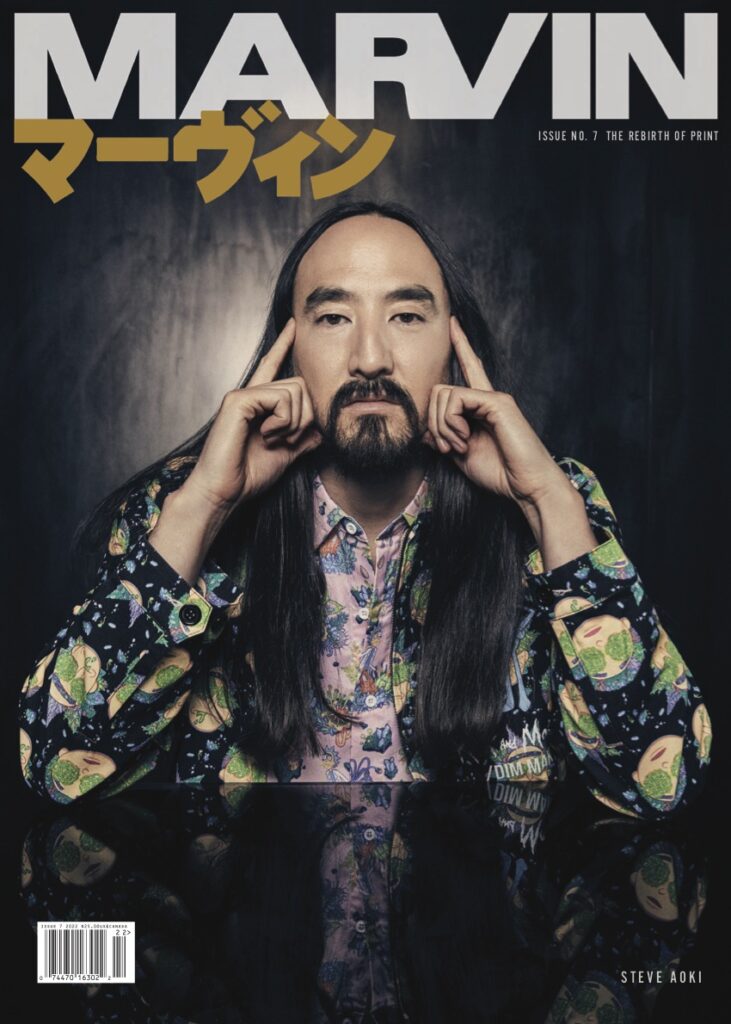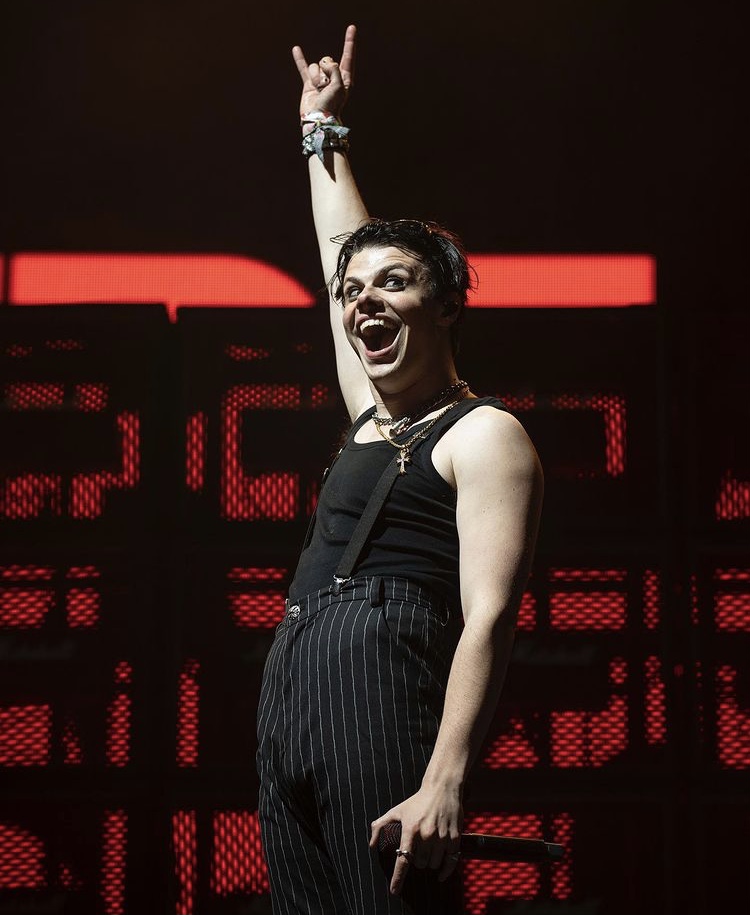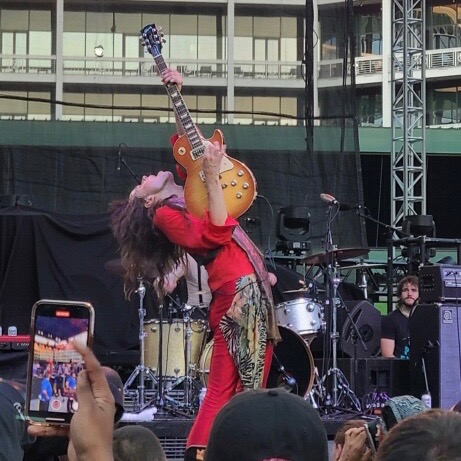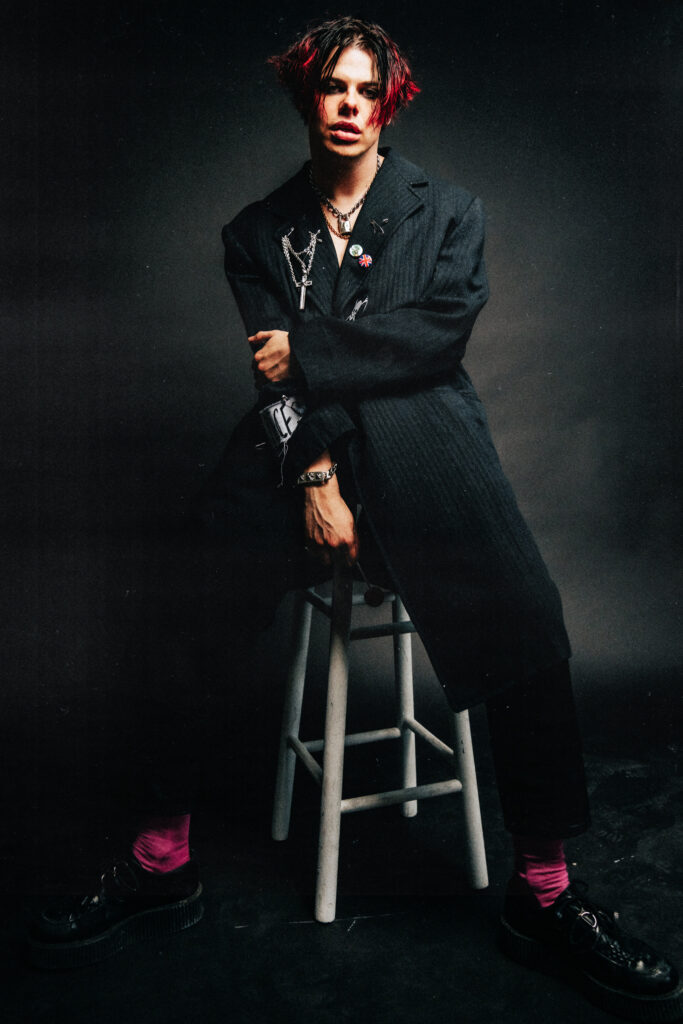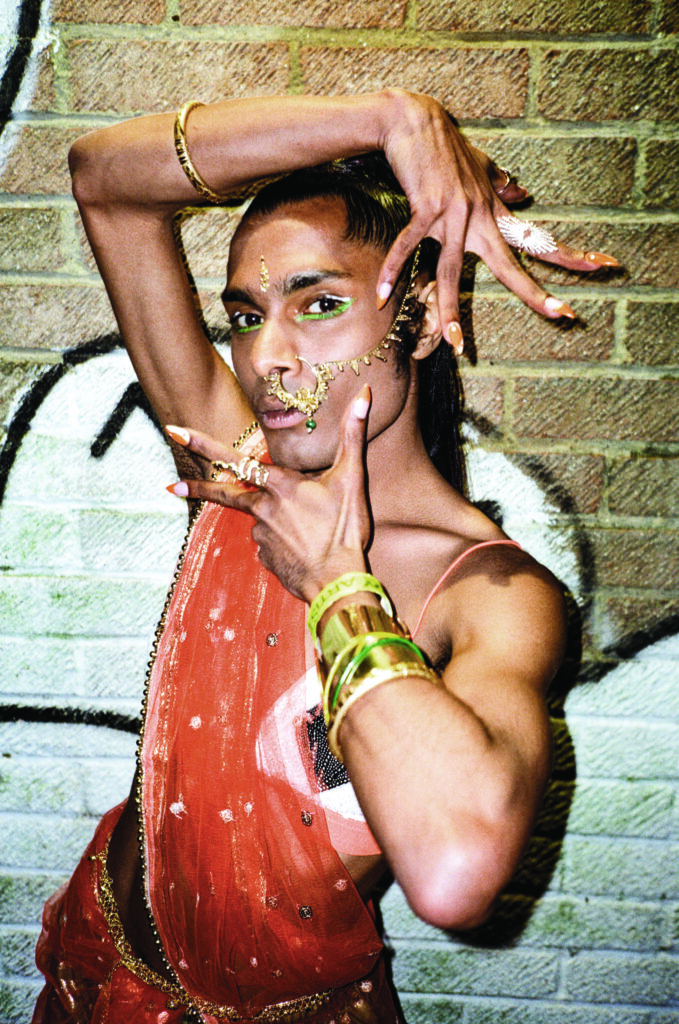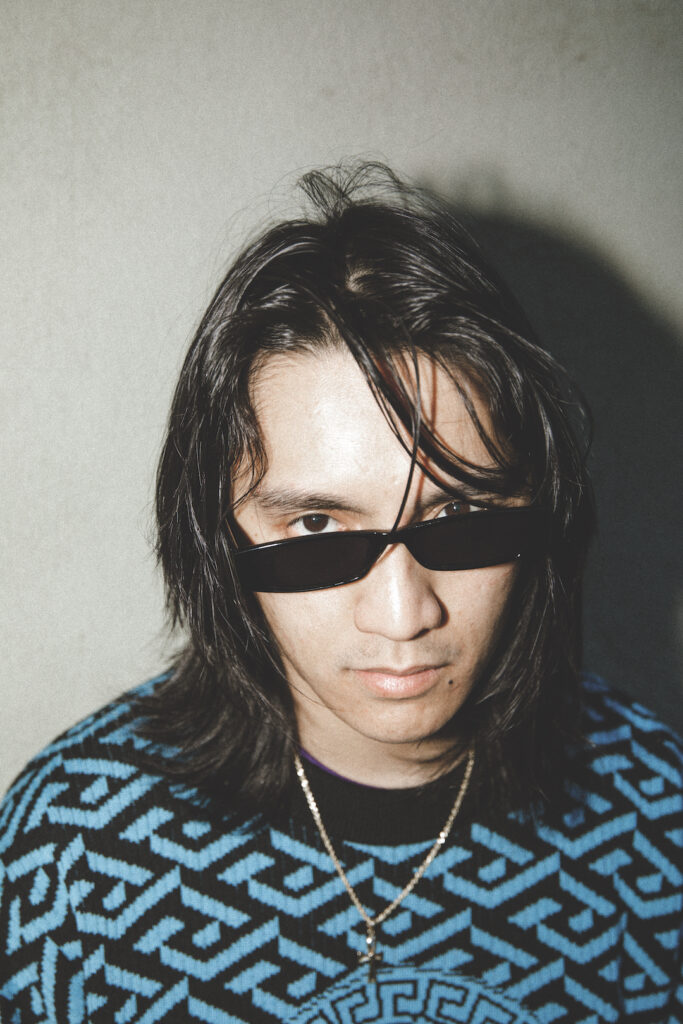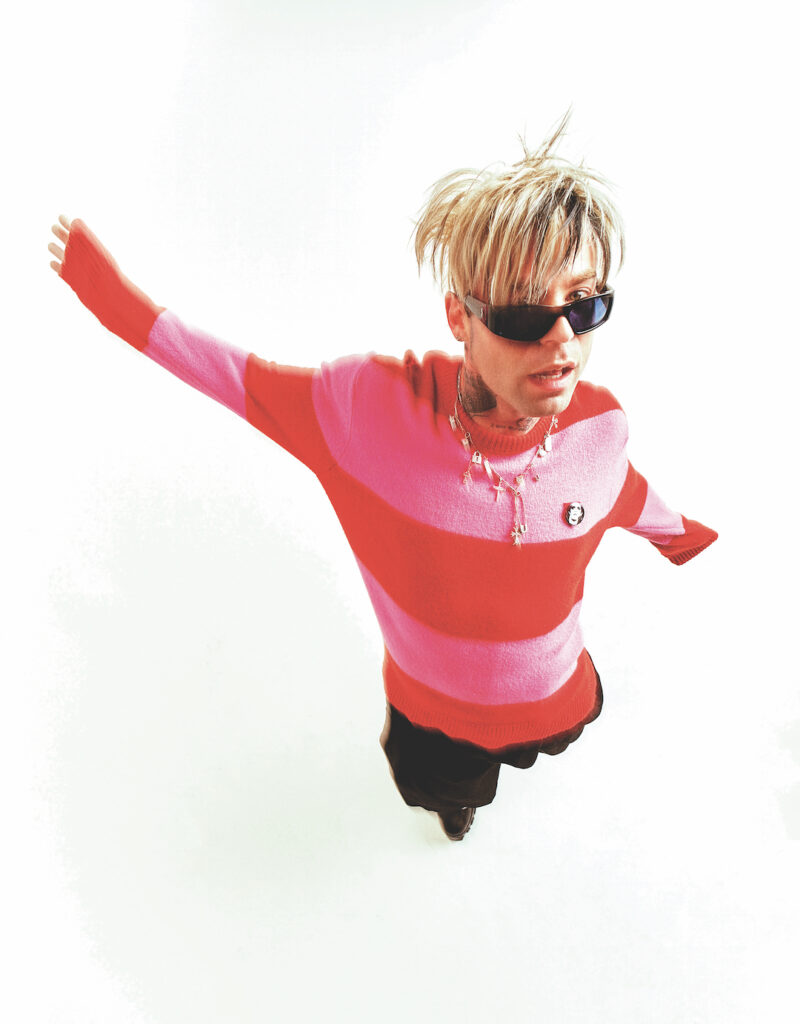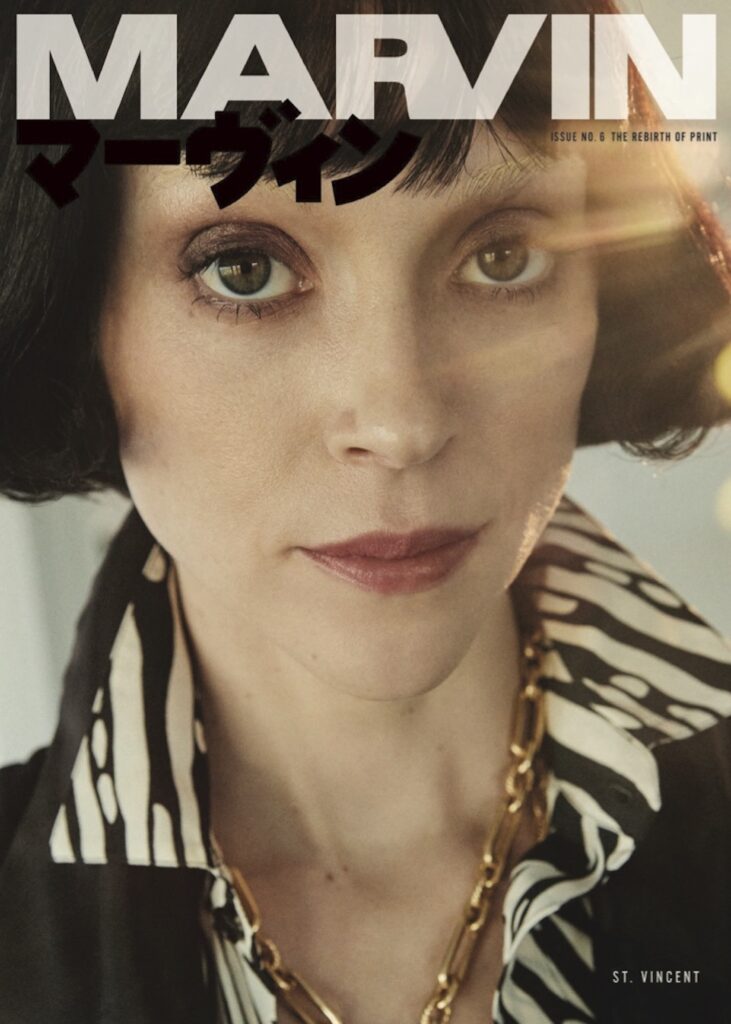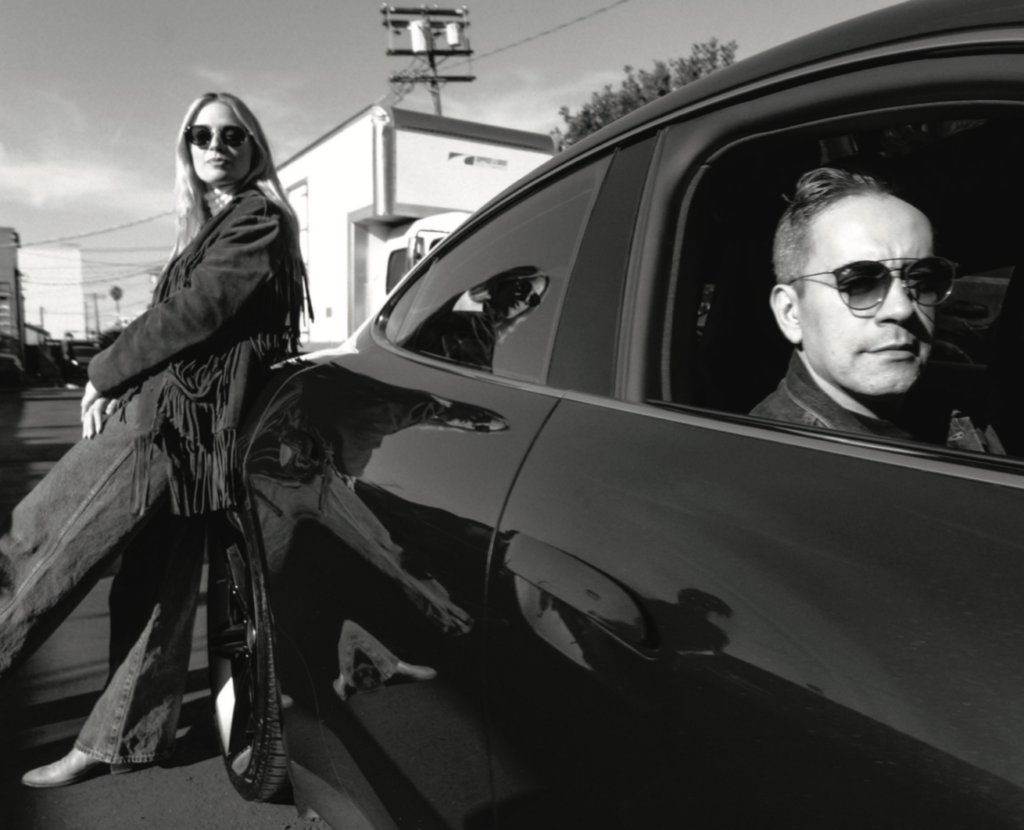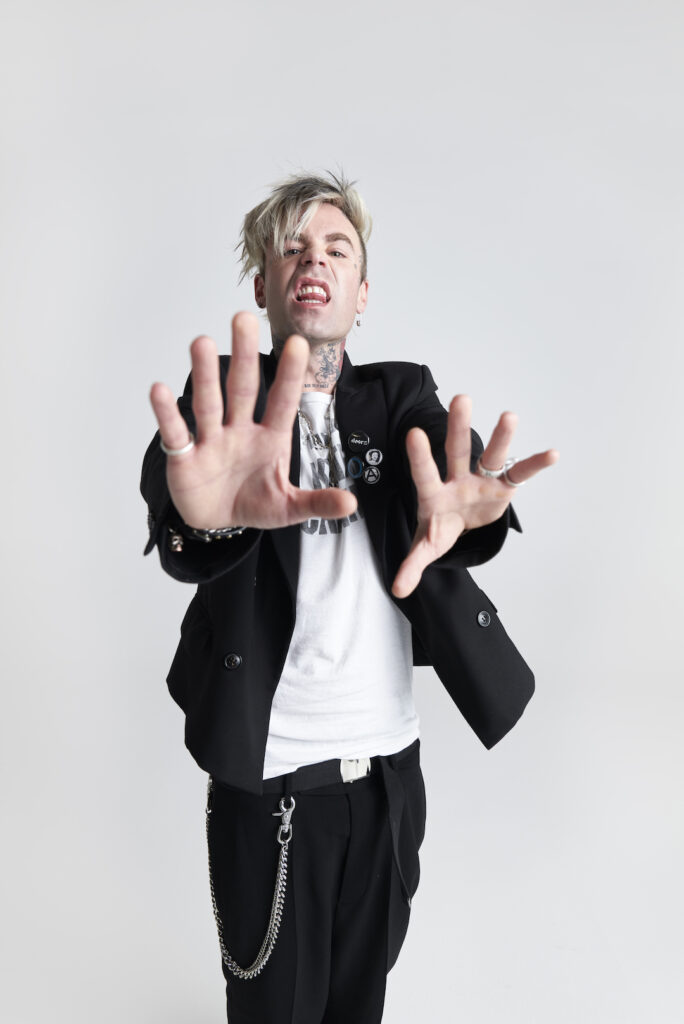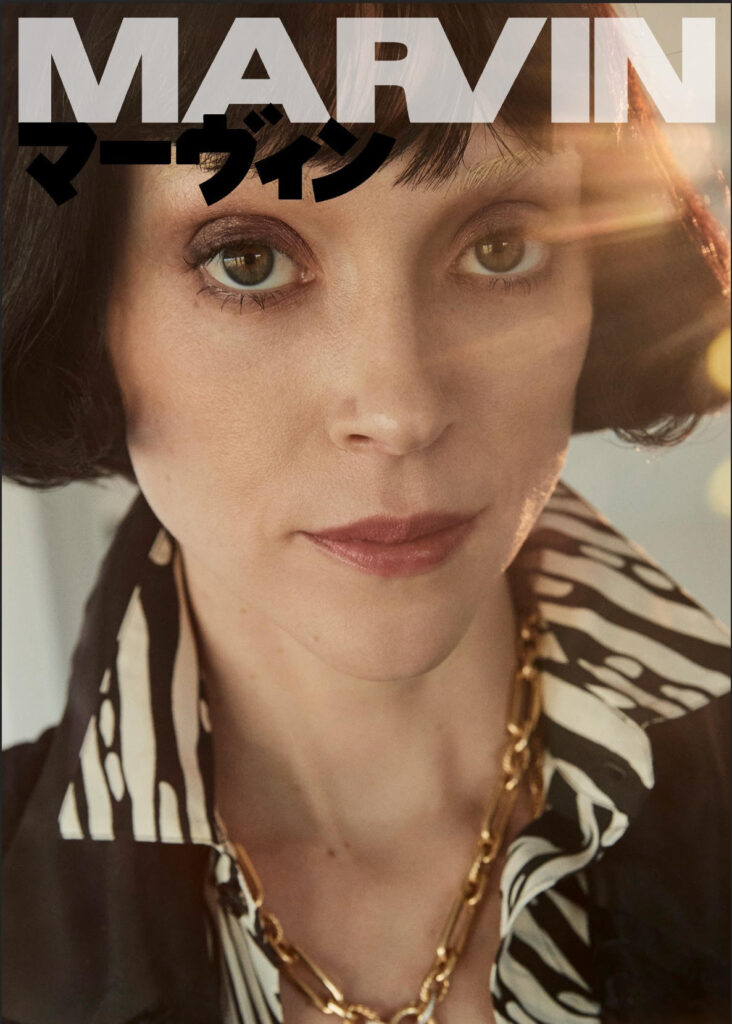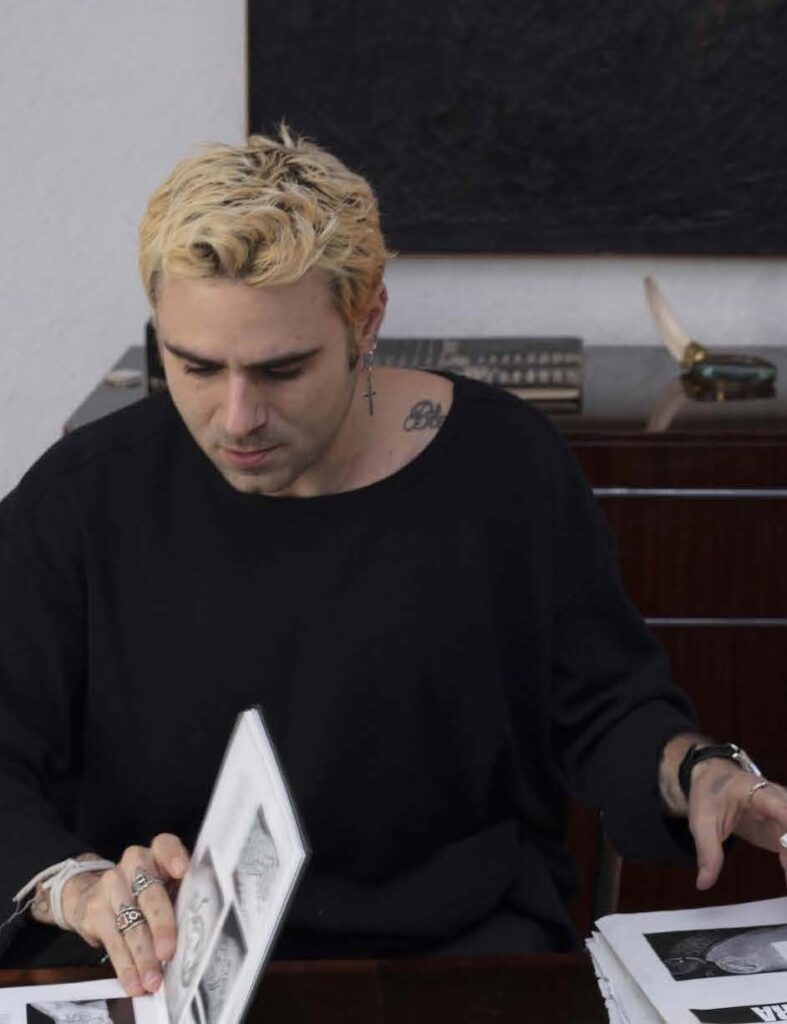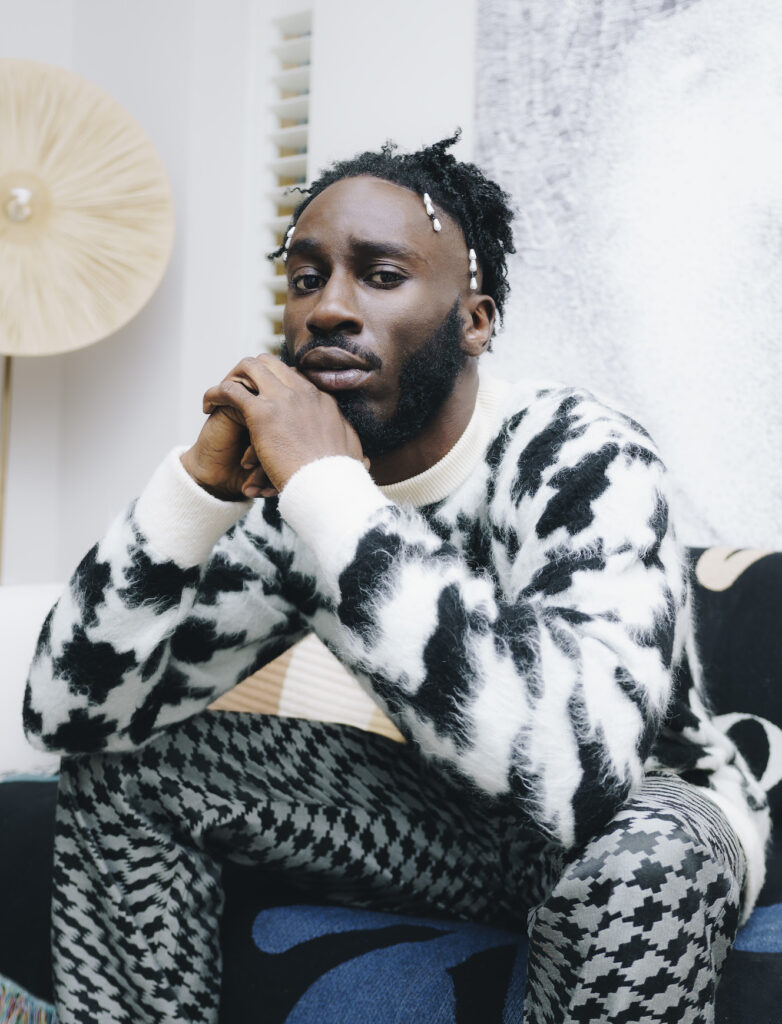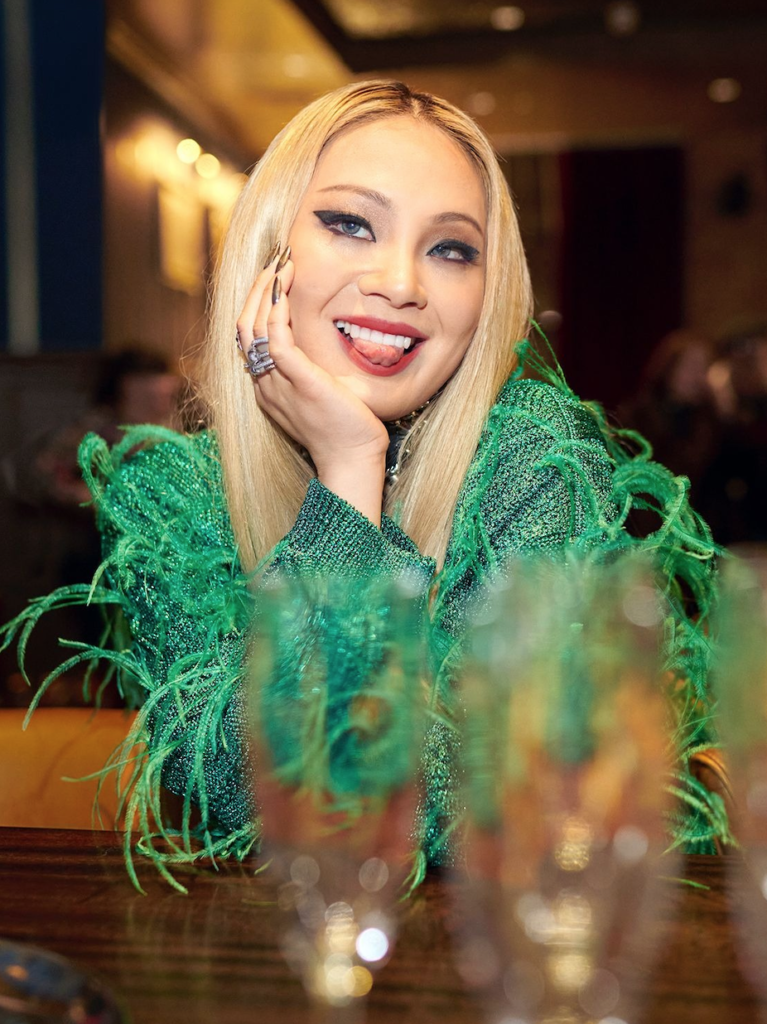Artist Genesis Owusu on Genre Fluiditiy
Photography by Byron Spencer
There’s no one who looks or sounds quite like Genesis Owusu. He’s a real one-off. Born in Ghana before moving to Canberra, Australia at the age of two, the 23-year-old is a unique musician. Genre-fluid, he swaggers with ease through future-funk, rap and hip hop to guitar-driven punk and indie-rock with a dash of folk in it. And he does it with style too. Genesis’ outfits are incredible. “The fashion came far before the music did,” he says. “I’ve always been about trying to express the fullest extent of my individual self and the most immediate way to do that is through the clothing you wear as it’s the first thing you see.”
Australia is not a country known for its hip hop venues — especially in the less, say, metropolitan cities of Melbourne or Sydney. It’s a country more renowned for scuzzy rock venues, so where does a young hip hop artist in Canberra go to check out their music scene? “We had one venue called Transit Bar in Canberra when I was growing up where all the hip hop stuff would be. Apart from that it wasn’t really a matter of venues, it was about meeting up at people’s houses, parks, interchanges, the middle of the street if necessary and just spitting what you had to spit, showing people cool shit you’d found and collaborating in those most basic of senses.”
Although he left Ghana when he was two, it’s no secret that the West African music scene is absolutely buzzing right now but Genesis hasn’t been reaching out for collaborations just yet. “For the most part, when I’ve been making music it’s been a pretty selfish process,” he explains. “It’s always been about how to fully express myself to the greatest degree that I can which is why there hasn’t been a crazy amount of collaboration between me and other vocalists. Now that the album is out I feel like there’s a pretty solid statement piece of who Genesis Owusu is, and I’m keen to delve into other people’s worlds and make some magic, especially with other people from Africa and the diaspora.”
Visually and aurally arresting, and already with an ARIA [Australian Recording Industry Association] nomination under his belt, Owusu’s much-awaited debut album, Smiling With No Teeth was released in the first half of 2021, and it made a ton of waves much further afield than Australia. Music press across Europe and American lauded it. The unusual title comes from a poem he wrote many years agos, “the last lines were: first kiss was a fist, first love was a leech, crying with no tears and smiling with no teeth. To me, the phrase is essentially expressing a facade, a fake smile; pretending things are okay when they’re not. That’s why so much of the album is sonically very upbeat, funky, sexy, but lyrically speaking it’s tackling issues that are far from that.”
And it’s big issues that he tackles — mental health, resilience and race are all picked apart and reassembled. There’s a continual character that accompanies the visuals of the album. It’s Genesis but with his face covered in bandages and I wonder whether these face coverings are there to hide his face from our gaze or so he doesn’t have to look at us. “Neither really,” comes the matter-of-fact reply. “The face covered version of me represents a different character entirely. It’s a character known as the Black Dog and throughout the album the Black Dogs are representative of depression and the effects of racism respectively. The meaning behind the bandages is in line with the album’s themes of the fake smile; it’s something I’ve been playing with visually for a while. The art for my older singles ‘WUTD’, ‘Good Times’ and everything since then have all featured an image that is very obviously fractured, but has been doused in gold, as if this superficial showering of gold grillz and rings is enough to take away from the glaring problem at hand. The combination of the bandages and the gold become the uniform for these lurk- ing creatures that can’t just be shooed away by superficial solutions.”
As you might expect, he’s not an artist that lends them- selves to being pigeonholed, and he finds it amusing that when people listen to his music they continually try to connect it to something they’re familiar with. “I haven’t heard half the artists that people have been put down as my influences. But it’s given me a lot of great music to look into though,” he laughs. His actual vocal influences though, he tells me, are artists such as André 3000, Baro Sura, Quasimoto, Yasiin Bey; “people who might not necessarily have the most convention- ally great singing voices but figured out how to make it work and sound great,” he explains. But he also has influences closer to home — not least his brother, the ARIA-nominated hip hop artist, Citizen Kay. “Growing up, it was mainly my family — mostly my brother, who introduced me to music, but I’m an internet baby. By year 6 I was scouring the internet, find- ing all this crazy music that I hadn’t been introduced to before. It definitely started on datpiff.com, downloading people’s mixtapes, then it went to discovering music from blogs and YouTube comments and all that. Internet baby shit.”
@genesisowusu

